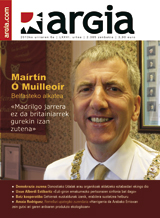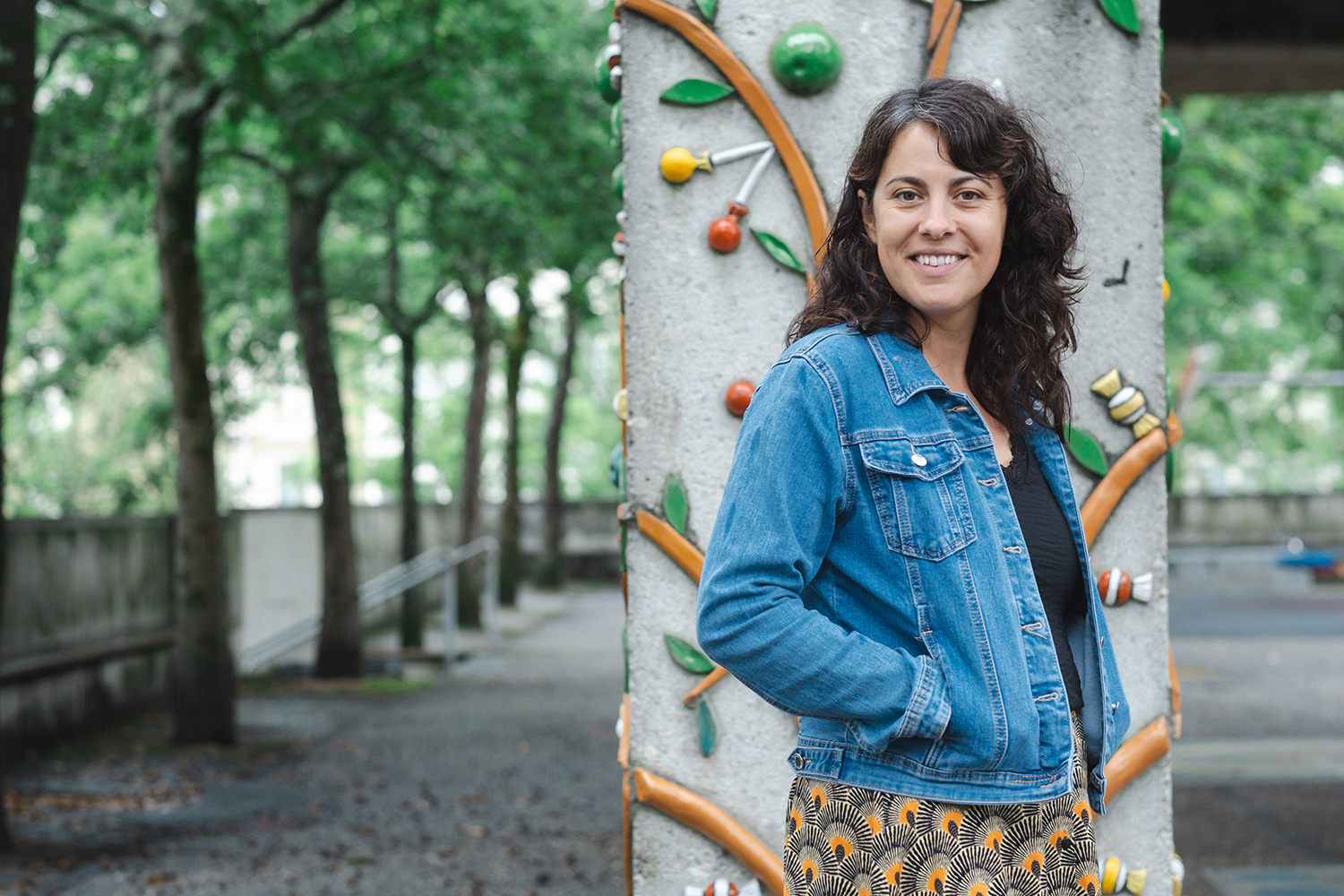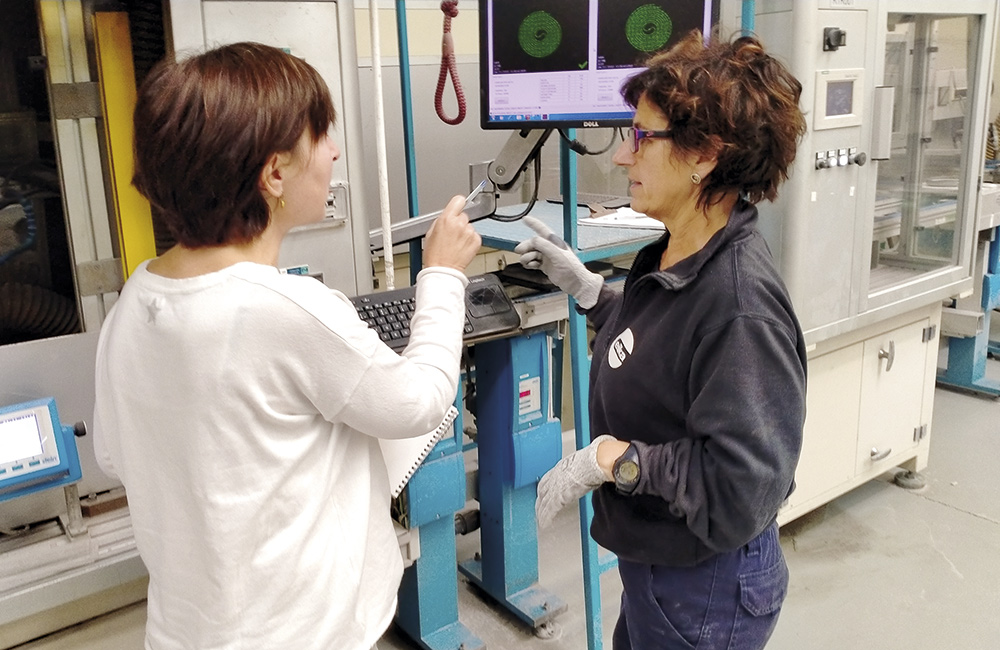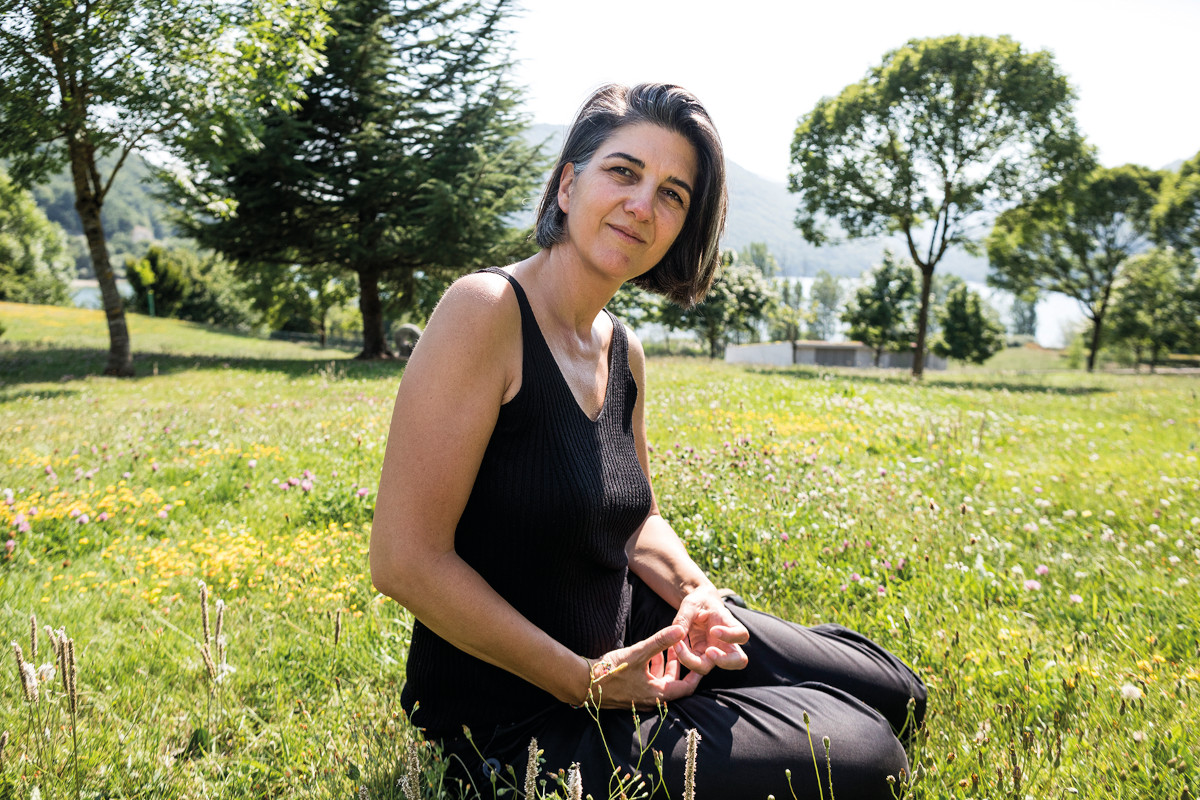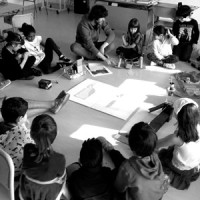Josu Larrinaga, professor at the UPV/EHU: “It’s the best time to participate when you send the letter to Olentzero”
Josu Larrinaga, member of research group Part Hartuz of the UPV/EHU, will be at the round table in Donostia.
In the past, direct democracy has been practiced in the Basque Country...
These historical examples are found in societies linked to the community and not so much in modern societies that take into account the individual. Participation initiatives mention a great deal of the Álava Assemblies or Open Councils that are now at risk. These are institutions of traditional society and the main practice has been that the voice is home or family. But of course, a family model can be authoritarian. Things were no longer admirable.
How important is the community in all of this?
There is a lot of talk about auzolan. Current community work has a lot to do with the concept of punk movement Do it yourself (do it yourself). They meet people with the same interests, like the Pirates of Donostia. But it's an auzolan, you might do a job that's not beneficial to you in favor of the community. Is the community in modern society? That's it.
In Switzerland, with the consultations so far, exclusionary decisions have been taken.
Lately a great salsa has been created with the consultations. Some have suggested that if there is no remedy that is the solution, but then we have seen that in complex problems there may also be consultation noise that communication.
So when it comes to organising the survey, what do you think should be taken into account first?
The previous story is more essential than the interrogation. It is the time for direct democracy when the project is not yet defined. In urban projects, for example, it will be exposed once the project has been carried out; of course, people will say what in the face of a little tiny dress of scientific-technical wisdom… The moment of the story is the best time to participate, when sending the letter to the Olentzero.
Can direct participation mechanisms be perpetuated, as the City Hall of Donostia intends?
The systematization is fine, but the City Hall of San Sebastian can do so within the framework of its competences. Today there is a lot of talk about “multi-level governance”. A city hall can make a very daring policy on participation, but people can feel frustrated. That has happened with Agenda 21; municipalities have tried to do a lot and people have seen that they can plant some trees, but when the TAV goes through your people there is nothing to do.
So ...
The one from San Sebastian can become a reference, but I will give you an example. The Land Law approved by the Basque Government provides for participation mechanisms and when the Urban Planning Area of the City of Bilbao was under the tutelage of Ezker Batua, we contacted the technicians to start it. It generated interest, because the technicians saw that their work could be facilitated. Then came the absolute majority of Azkuna and we didn't know anything else. If there is no change in political culture, it all depends on authority, if you do not create a regulation.
So if citizens want more decision-making capacity, what path will they take?
When the apparatuses that make up governance are called into question, people “repent” to ask for more participation. The politician can always say that there is a regulation, but what happened two years ago in Donostia with the floods can happen, and that must be taken into account. We live in a people that has practiced a lot of participation through aggression, everyone knows how to create a social movement.
Hezkuntzaren ardura konpartitua dela eta familiaz eta eskolaz harago herria bera eremu hezitzailea dela, herritarrak hezitzaile ere badirela ulertzen du Herri Hezitzaileen Sareak. Otxandiok (irudian) bat egin berri du sarearekin eta dagoeneko 36 herri direla jakinarazi dute.
Congratulations to the Durangarras who have had the opportunity to express their opinion on an inherited urban megaproject in urban matters. Not a few people have been encouraged to participate in the organised consultation, given the policy that some political parties are... [+]
On September 23, 2020 we participated in the Auzogune del Casco Viejo. The neighborhood is the space for participation proposed by the City of Vitoria-Gasteiz, where citizens, municipal technicians, associations and politicians exchange opinions. The first item on the agenda... [+]







